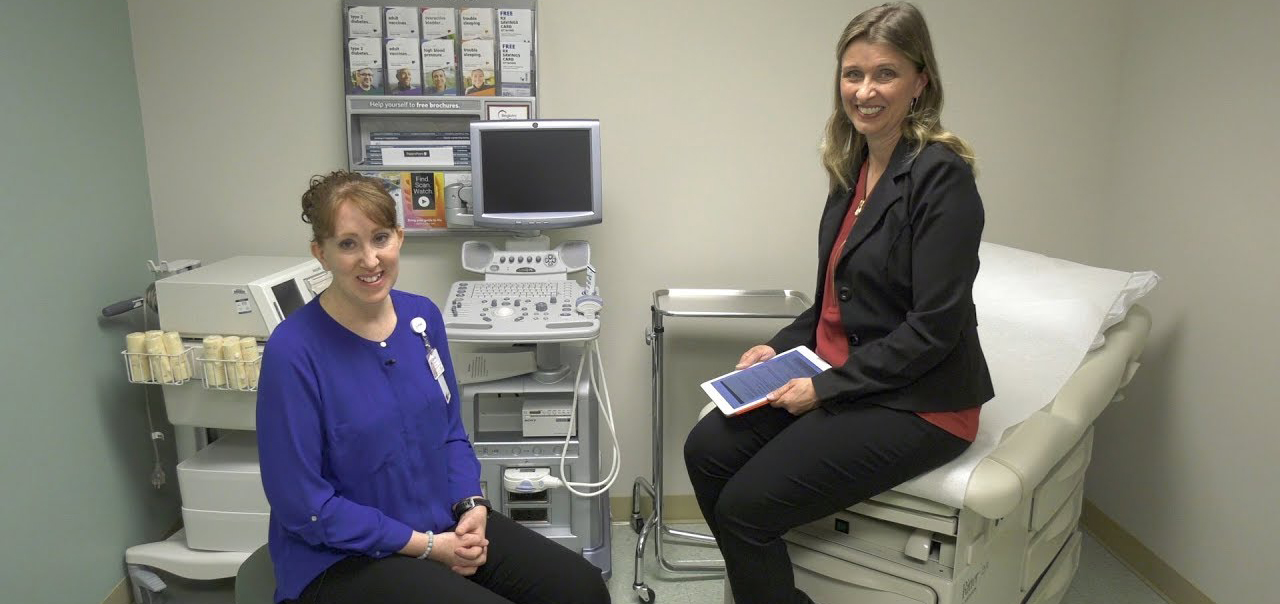Breaking the Silence: Talking About & Treating Incontinence
By Kristy Warren
Incontinence affects millions of women and men of all ages…so why aren’t more people talking about it? When it comes to our bladder health, particularly leakage, we often feel embarrassed talking to our doctor.
Monica Wilkins, MD from the Wellsboro Laurel Health Center encourages us to break that silence. Join Dr. Wilkins as she discusses the different types of incontinence, their causes, why it affects women more often than men, and how to treat it!
What is incontinence?
Simply put, incontinence is the involuntary leaking of urine. This loss of bladder control can be caused by a wide variety of conditions and is highly treatable. The type of treatment recommended depends on the type and cause of the incontinence.
Common causes include urinary tract infections (UTIs), weakened pelvic floor muscles from childbirth or aging, prostate or pelvic surgery, overactive bladder, nerve or spinal issues, and problems emptying the bladder.
Due to childbirth and the different structure in men and women’s pelvic floor muscles and urinary tract, women are more likely to be affected by incontinence than men.
Most common types of incontinence:
Stress incontinence – Leaking urine when sneezing, coughing, laughing, or exercising
Urge incontinence – Sudden urge to urinate and unintentional bladder contraction which often results in leaking urine before one can reach the bathroom
Overflow incontinence – Difficulty fully emptying the bladder leads to an overfull bladder that leaks or dribbles on a continual basis
How it’s treated:
Incontinence can be very effectively treated through a variety of non-surgical and surgical approaches, including physical therapy, biofeedback-guided exercises, bladder training, lifestyle changes such as weight loss and smoking cessation, which can worsen incontinence, and bladder support procedures.
Often, a combination of treatment methods works best to manage incontinence. To find the best solution for you, talk to your family doctor about your symptoms and develop a personalized treatment plan.
If you are struggling with incontinence, don’t suffer in silence. The Laurel Health Centers will help you find the solution that’s right for you. Call 1-833-LAURELHC or visit laurelhc.org today.
